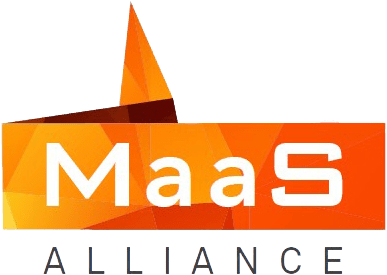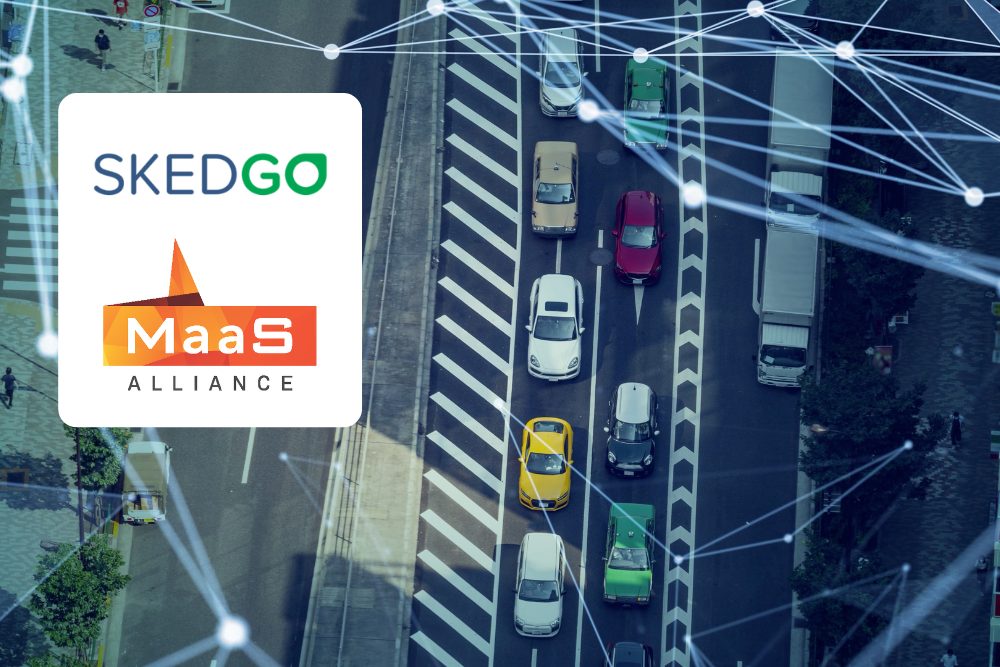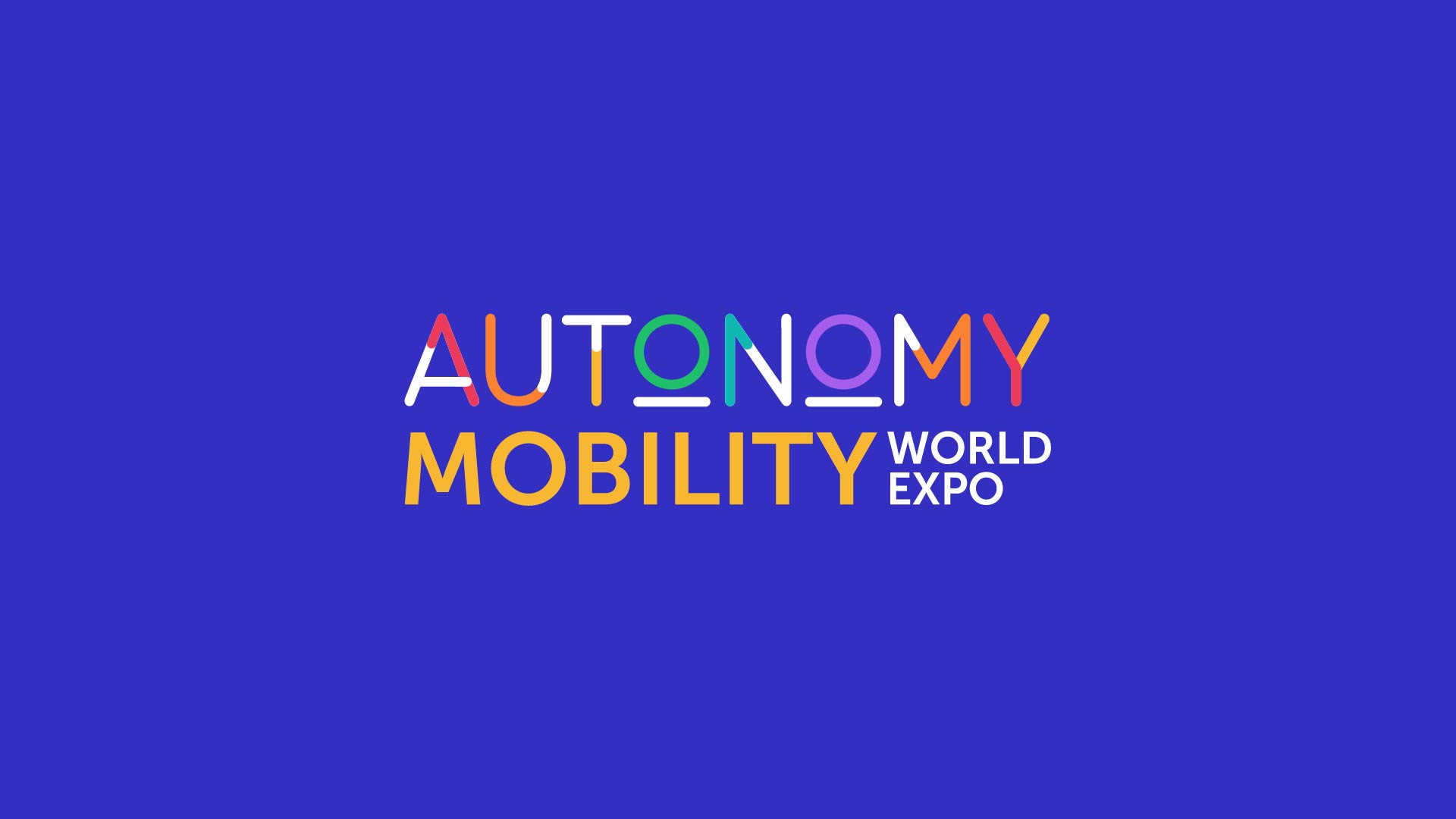
Globally, the application of multimodal transport solutions to solve today’s transport issues is growing at an ever-increasing pace. The value of the Mobility-as-a-Service (MaaS) market is expected to be worth an estimated $1,759 billion by 2028. Alongside this, there’s an increasing desire from Governments, Local Councils and communities to move around cities using multiple modes of transport seamlessly to facilitate sustainable urban transport. MaaS provides universal access to public transport, can reduce personal transport costs, helps to reduce emissions, and data generated from MaaS applications can be used to inform policy and infrastructure planning.
The role of private transport, the personal vehicle, is often left out of MaaS conversations or demonised. This falls in line with a desire to move towards future states where shared, connected, carbon-free and autonomous modes of transport define our transport systems.
Mass adoption is still a while away
The term ‘mobility’ elicits thoughts of fleets of electric-powered unmanned aerial vehicles (UAVs), or carpooling vehicles capable of operating autonomously. While these visuals reflect the future we are working towards, broad MaaS adoption is still a while away.
Intelematics sees the future success of MaaS as being highly dependent on complete mobility ecosystems. Put simply, a successful mobility ecosystem has all desired transport options available to users: automobile, public transport, micromobility, and active transport options.
What’s important is that one does not exclude the other. Car sharing, taxi and micromobility services can be a part of one ecosystem. Similarly, organisations are moving beyond ride-sharing to offer a comprehensive customer journey when it comes to transportation, including bikes, scooters, and entering the car-sharing market.
A constantly evolving landscape
The future of public transport is one that is constantly evolving as the digital landscape continues to develop and transform. Public transport has traditionally been mass transport – trains, trams and buses running on predefined routes and schedules. In the future, public transport will be as much about personal, and small-group transport, as mass transport. These can be unified via MaaS to provide an integrated origin-to-destination journey involving a mix of transport modes.
In Australia, a number of organisations are developing the building blocks of MaaS, including existing public transport operators, member organisations such as the RACV, and connected mobility operators such as Intelematics.
Intelematics has worked alongside government transport authorities and mobility member organisations to develop a safe cycling routing algorithm used in products like ridePlan. This application supports new and aspiring bike riders to identify the safest ways to get to their destinations – avoiding busy roads and favouring bike-specific infrastructure. We are now looking at ways of applying this to other forms of transport as part of the Omniway platform, which connects multiple modes of transport, journey planning, and payment into one app.
A critical part of the mobility ecosystem
As telematics, data analysis, and AI technology become further integrated into society, MaaS will provide a means of transportation that is unmatched in its efficiency and scope. MaaS does not have to be for everyone, nor will it suddenly appear fully formed. It will continue to evolve and develop over time.
In Australia, along with other regions like North America, where a strong dependence remains on private transport, the car will remain a critical part of the mobility ecosystem. Ensuring private vehicles are part of MaaS and transport strategies, and not adjacent to them, will be key to a successful and inclusive transition.
Source: Intelematics



